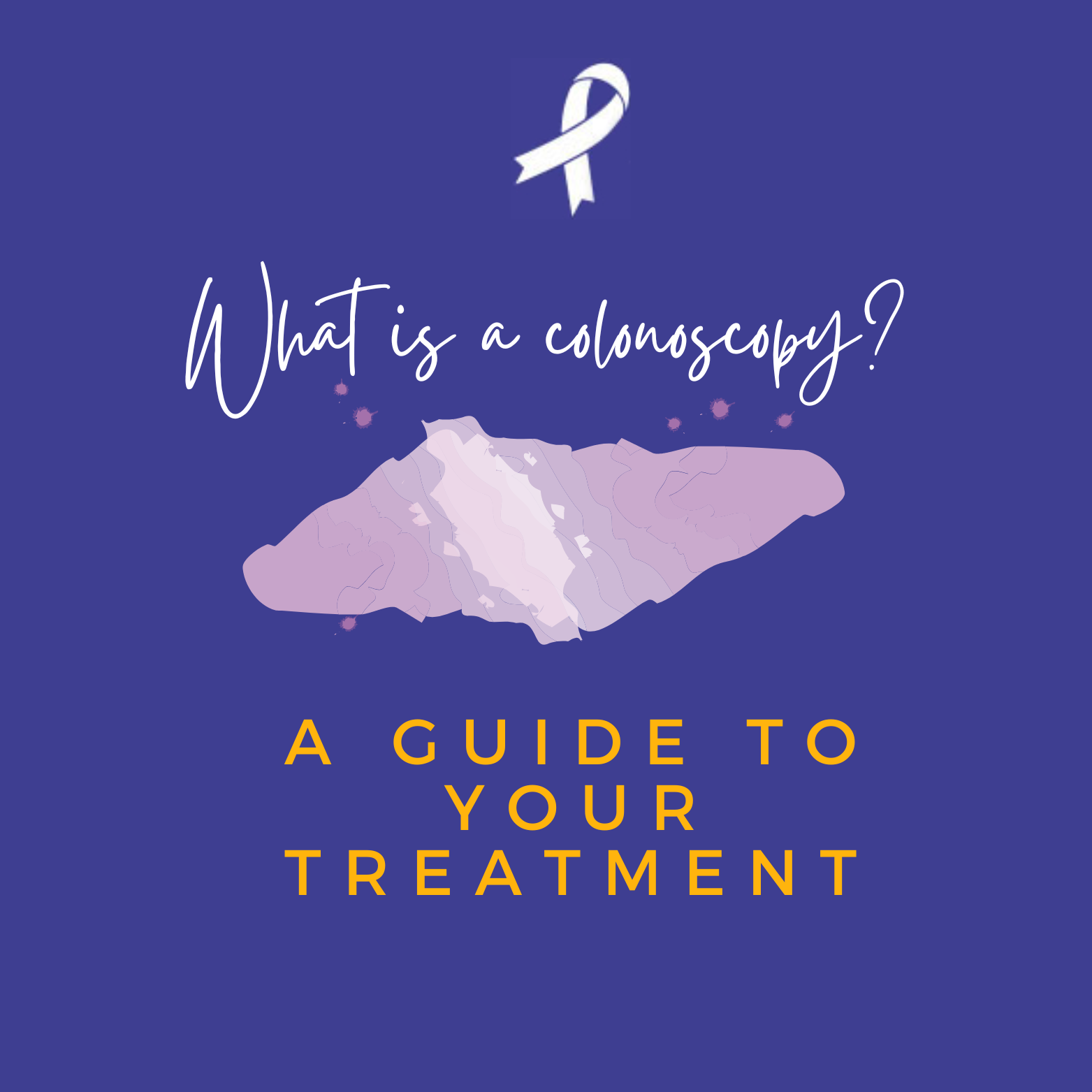What is a Colonoscopy? A Comprehensive Guide by Occtopus
At Occtopus, our mission is to raise awareness and improve the early detection of colon cancer, a condition that affects thousands of people every year. One of the most effective tools for screening and diagnosing colon cancer is a colonoscopy. In this post, we will explain what a colonoscopy is, how it works, and why it’s an important procedure for maintaining your health.
What is a Colonoscopy?
A colonoscopy is a medical procedure used to examine the large intestine (colon) and the rectum. It’s an essential diagnostic tool that allows medics to look for abnormalities including polyps, tumours, inflammation, or bleeding. The procedure is often recommended for screening colon cancer in families or investigating symptoms like unexplained abdominal pain, changes in bowel habits, or rectal bleeding.
During a colonoscopy, a long, flexible tube called a colonoscope is gently inserted into the rectum. The colonoscope has a tiny video camera at its tip, which allows doctors to see the inside of your colon in real-time and take pictures . If necessary, small instruments can be passed through the colonoscope to remove polyps or take tissue samples (biopsies) for further testing.
Why is a Colonoscopy Important?
A colonoscopy is the gold standard for detecting colon cancer and other bowel conditions. It is one of the most reliable ways to:
- Detect early signs of colon cancer: Finding polyps or abnormal tissue in the colon before they become cancerous can prevent colon cancer from developing. Polyps can often be removed during the colonoscopy itself, reducing the risk of future cancer.
- Diagnose gastrointestinal symptoms: If you’re experiencing chronic digestive symptoms such as rectal bleeding, diarrhoea, constipation, or abdominal pain, a colonoscopy can help medics find the underlying cause.
- Monitor existing conditions: For people with inflammatory bowel disease (IBD) or a history of polyps, regular colonoscopies can help monitor and manage the condition.
Who Should Get a Colonoscopy?
You may need to have a colonoscopy if you have:
- A family history of colon cancer or polyps
- A personal history of polyps or inflammatory bowel disease
- Unexplained gastrointestinal symptoms, such as rectal bleeding or changes in bowel habits
Your GP will help you determine the right screening schedule based on your risk factors and you might have to have some other tests done before proceeding to a colonoscopy.
How to Prepare for a Colonoscopy
Proper preparation is key to ensuring the colon is clean and the gastroenterologist or colorectal surgeon has a clear view. A few days before the procedure, you’ll be asked to follow a special low-fibre diet and eventually switch to a clear liquid diet the day before. You’ll also need to take a bowel preparation solution (laxative) that cleanses your colon.
While the preparation might sound uncomfortable, it’s crucial for the success of the procedure. A well-prepared colon increases the accuracy of the test and allows for the safe removal of polyps if necessary.
What to Expect During the Procedure
A colonoscopy usually takes about 30 to 60 minutes. Before the procedure, you’ll be given a mild sedative to help you relax and minimise discomfort. Most people do not feel any pain during the colonoscopy and may not remember the procedure afterwards.
Once the colonoscope is inserted, the medic will slowly guide it through the colon, carefully examining the lining for abnormalities. If polyps are found, they can often be removed immediately. Any suspicious areas can be biopsied to check for cancer or other conditions.
After the Colonoscopy
You’ll likely need someone to drive you home, as the sedative will leave you feeling drowsy. Mild bloating or cramping may occur but should resolve quickly. Your doctor will provide you with the results of the procedure and discuss any follow-up steps if needed.
If polyps are removed or a biopsy is performed, the tissue will be sent to a lab for analysis. Your doctor should contact you with the results in a week or so.
Are There Any Risks?
A colonoscopy is generally a safe procedure, but as with any medical intervention, there are some risks involved. Rare complications include bleeding, especially if polyps are removed, or perforation of the colon. However, these risks are low, especially when the procedure is performed by an experienced specialist.
Final Thoughts
At Occtopus, we encourage everyone to stay informed about colon cancer diagnosis and screening options. A colonoscopy may sound intimidating, but it is a life-saving procedure that can detect and even prevent colon cancer before it becomes serious. If you are at risk or experiencing symptoms, don’t hesitate to speak to your GP about scheduling a colonoscopy, and if you are offered one don’t hesitate to accept.
Early detection saves lives

